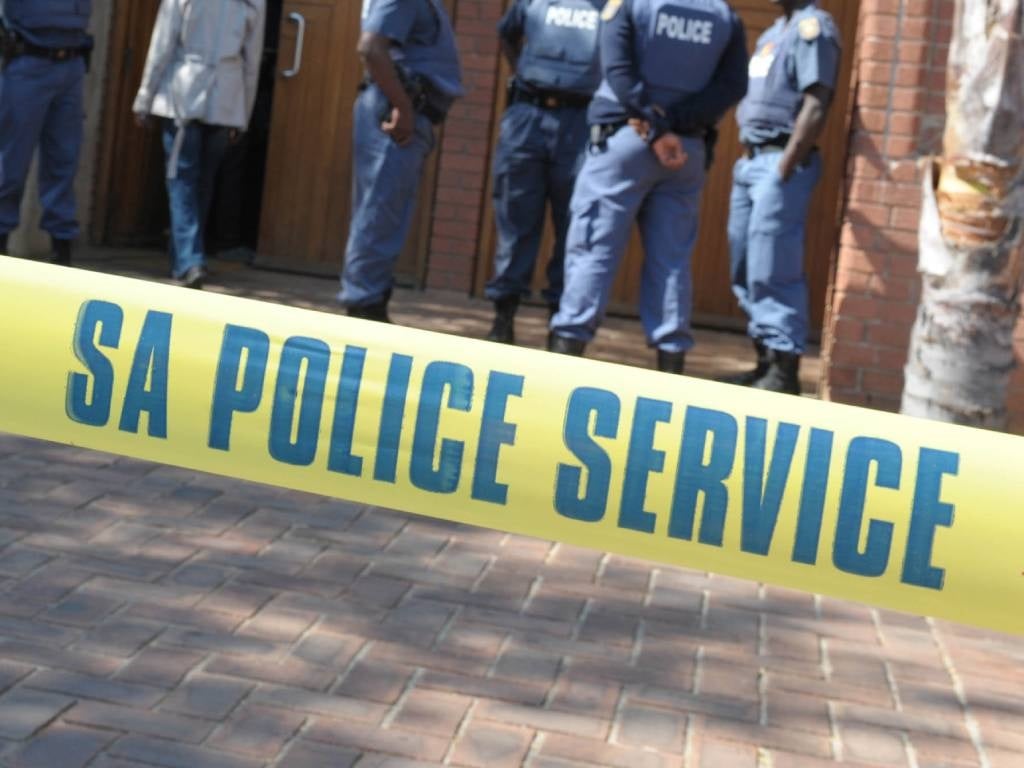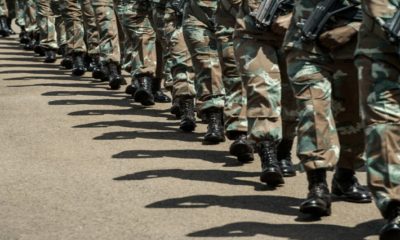News
South Africa’s Kidnapping Crisis: From Rich Targets to Everyday Victims

Once the stuff of Johannesburg crime thrillers, kidnappings in South Africa have become a grim reality that now reaches into every community. From suburban families to informal settlements, from CEOs to schoolchildren, no one is immune.
Kidnappings no longer confined to the elite
Security expert Chad Thomas of IRS Forensic Investigations warns that the country has entered a dangerous new phase.
“What started as highly organised syndicates targeting the rich has spiralled into a free-for-all,” Thomas explained. “We’re now seeing express kidnappings where people are held for a few hours until their bank accounts are drained. Others are held for months with tens of millions in ransom at stake. In townships, some cases end with children released after just a few hundred rand is paid. It’s happening everywhere.”
The picture is stark: whether you drive a luxury SUV or rely on a taxi to get home, the threat is real.
Police fight back, with mixed results
In response, the SAPS anti-kidnapping task team, created in late 2021, has made significant strides. Major-General Feroz Khan revealed the unit’s work at a recent summit of law enforcement and private security leaders in Germiston.
In just four years, the task team has:
-
Made 437 arrests
-
Secured 68 convictions
-
Seized 182 firearms and 128 vehicles linked to kidnappings
The scale of the crime is chilling. Authorities tracked ransom demands totalling R1.8 billion, with about R150 million paid out. Police recovered only R28 million.
“This is not random crime,” Khan stressed. “It is a highly organised criminal economy. Every arrest, every firearm seized, weakens these syndicates.”
Intelligence, AI, and private partnerships
Khan emphasised that the unit isn’t just reacting when a person vanishes. It uses predictive data, surveillance, and intelligence-sharing to prevent kidnappings before they occur. Artificial intelligence is increasingly being deployed to identify suspects and spot criminal patterns.
But success depends on more than technology. Partnerships with private security companies, data analysts, tracking firms, and even medics have become central to operations.
“You can have a watertight case,” Khan said, “but without the courage of victims to testify, it collapses. Our private partners help survivors feel safe enough to face their captors in court.”
Copycat syndicates complicate the battle
Yet the challenge grows daily. Each time a syndicate is dismantled, new copycats emerge. According to Thomas, these opportunistic groups are flooding the space once dominated by a handful of well-resourced gangs.
“On the positive side,” Thomas added, “the intelligence-driven raids we’re seeing from SAPS and private investigators are making a real dent. But this crime evolves as fast as we can respond.”
A shared responsibility
Kidnapping has become one of South Africa’s most feared crimes, leaving families traumatised and communities on edge. The sheer scale of ransom demands often running into billions speaks to the greed fueling these syndicates.
Khan urged South Africans not to see this as a fight for police alone. “Communities must stand with us. Together, we can make South Africa safer for everyone.”
Public reaction and context
On social media, the frustration is palpable. Many South Africans say they feel unsafe even in daylight, while others share stories of relatives kidnapped for as little as taxi fare. At the same time, some credit SAPS for at least tackling the issue head-on, a rare case where intelligence-led policing is showing results.
Still, the question remains: can authorities outpace a crime wave that has moved from the leafy suburbs of Sandton to the streets of Soweto and the shacks of Khayelitsha?
For now, the kidnapping crisis remains one of South Africa’s most pressing tests of policing, justice, and community resilience.
{Source: The Citizen}
Follow Joburg ETC on Facebook, Twitter , TikTok and Instagram
For more News in Johannesburg, visit joburgetc.com



























